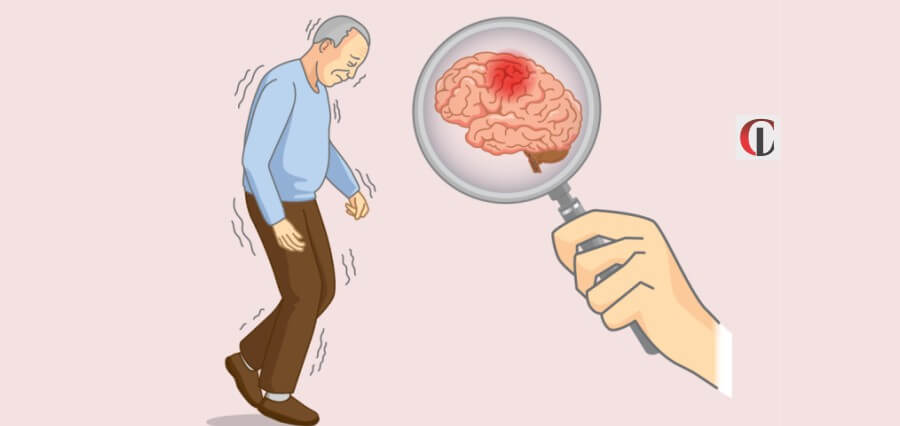What is Lecanemab?
The latest Alzheimer’s medicine to be approved in the UK was twenty years ago. Since then, significant progress has been made in our comprehension of the disease’s origins. Better diagnostic tools are now available, and new therapies that may affect some of the fundamental brain changes known to cause dementia are possibly just around the corner. The New England Journal of Medicine published the long-awaited trial findings of the promising new medication lecanemab this morning. Although there are several restrictions, it may benefit those who have Alzheimer’s.
An acquired, gradual cognitive impairment known as dementia interferes with a person’s daily activities. It is the main cause of death in the UK, affecting more than 900,000 individuals. According to Alzheimer’s Research UK, the annual cost of caring for dementia patients exceeds £25 billion. The numbers will rise as the population ages. By 2050, it is predicted that 1.6 million people in the UK alone would have dementia.
There are numerous causes of dementia, just as there are numerous cancers: The most prevalent disease, accounting for around two-thirds of cases, is Alzheimer’s. The aberrant build-up of two proteins in the brain, beta-amyloid, which is deposited outside of nerve cells, and tangles of tau, which accumulate inside of them, is specifically linked to the condition. Many specialists believe that beta-amyloid build-up causes inflammation and tau build-up, which in turn causes brain cell death and changes in brain chemistry. In the end, this results in symptoms, such as gradual impairment of day-to-day memory followed by loss of other cognitive abilities. Six to seven years following diagnosis, this results in dependence and ultimately – and unavoidably – in death.
Beta-amyloid can now be found by blood tests, spinal fluid analysis, and PET brain scans (although the latter two aren’t yet widely utilized). Around 20% of healthy, asymptomatic 70-year-olds have considerable brain beta-amyloid accumulation, which begins about 20 years before symptoms appear. Some researchers have questioned the beta-toxicity of amyloids as a result, but others see this protracted pre-symptomatic stage as an opportunity to intervene and delay the onset of cognitive impairment.
How does it work?
Lecanemab not only eliminated beta-amyloid from the brains of patients with early Alzheimer’s disease, but it also significantly reduced cognitive loss over 18 months, by roughly 27%. Although the trial’s short duration prevented definitive conclusions from being drawn, alterations in other disease markers give some indication that the removal of beta-amyloid might also result in the slowdown of other degenerative processes. Eisai, the drug’s maker, will soon submit applications for regulatory authorization in the US and Europe; final decisions should be made by the end of the year. Following closely behind, conclusive studies of another comparable medicine, Eli Lilly’s donanemab, are anticipated to begin in 2023.
But we have travelled this path before. Stroke services, which were hitherto disjointed and fragmented, underwent a major transformation to provide urgent “clot-busting” therapies once their advantages were made obvious. PET scans are already used to diagnose and monitor cancer patients. Additionally, the NHS uses a variety of immunotherapies, many of which demand close observation for any potentially harmful side effects.
Even if lecanemab is initially only made available to a small number of patients in the UK, it would still be a significant advance. Research funding for cardiovascular disease and cancer is still well ahead of that for dementia. Since no single medication will be a panacea, further investment will be essential. Like heart disease, HIV, and cancer, numerous different treatment modalities will probably be needed. Beta-role amyloid in Alzheimer’s disease is still being debated by researchers, but several other potential research directions can be pursued. Three-quarters of the 140+ drugs that are currently being tested in more than 170 Alzheimer’s trials worldwide are directed at different aspects of the disease.





